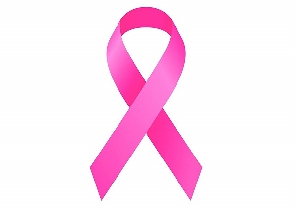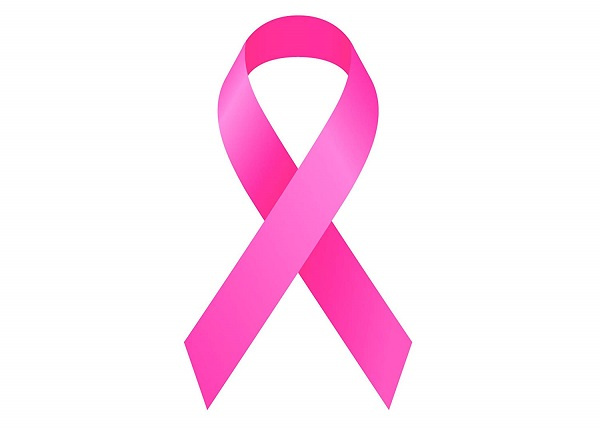 1,200 children under 15 diagnosed of cancer annually, according to the Ghana Health Service
1,200 children under 15 diagnosed of cancer annually, according to the Ghana Health Service
GhanaWeb Feature by Joycelyn Kyei Baffuor
World Childhood Cancer Day, observed annually on February 15, serves as a global reminder of the struggles faced by children diagnosed with cancer and the stark disparities in survival rates between high- and low-income countries.
This year’s observance underscored the persistent challenges in Ghana, where limited access to care and financial barriers continue to claim young lives.
Childhood cancer remains a silent crisis, with approximately 400,000 new cases diagnosed globally each year, according to the World Health Organization (WHO).
While survival rates in high-income countries exceed 80%, in low-resource settings like Ghana, they plummet below 30% due to late diagnoses, inadequate treatment options, and crippling costs.
The Ghana Health Service (GHS) identifies cancer as a critical public health challenge, with many cases detected at advanced stages, complicating treatment outcomes.
At this year’s World Cancer Day commemoration in Accra, Dr. Samuel Kaba Akoriyea, Acting Director General of the GHS, pointed out alarming statistics.
“In 2022, Ghana recorded 27,385 new cancer cases and 17,944 deaths. Prostate and liver cancers were leading causes of mortality, with liver cancer claiming 90% of those diagnosed. Childhood cancer remains devastating, with an estimated 1,200 children under 15 diagnosed annually.
“Leukemia, lymphoma, and retinoblastoma are common, yet treatment costs push care out of reach for families, leading to late diagnoses and poor survival rates,” he stated.
Financial barriers remain a major obstacle. Although Ghana’s National Health Insurance Scheme (NHIS) now partially covers childhood cancer treatment, families still shoulder significant expenses for chemotherapy, surgeries, and post-care.
Additional burdens like transportation and lost income due to caregiving further strain households.
The tragic case of 10-year-old Lisa Laryea, who lost her battle with leukemia on December 19, 2023, epitomized these systemic gaps.
Her family struggled to secure specialized care until philanthropist Ibrahim Mahama funded her $110,000 treatment in South Africa.
While her story galvanized national attention, her death underscored a harsh reality: countless Ghanaian children face similar fates without access to lifesaving resources.
To improve outcomes, advocates urge expanded NHIS coverage, increased government investment in pediatric oncology, and stronger public-private partnerships to subsidize care.
Although World Childhood Cancer Day has passed, its urgent call to action endures. Without sustained efforts to dismantle financial and systemic barriers, Ghana’s children will continue to lose their lives to a disease that is increasingly treatable, but only for those who can afford it.
JKB/EB
Meanwhile, watch as Asiedu Nketiah breaks silence on the ‘uneasiness’ within the NDC and his ‘fight’ with Mahama
